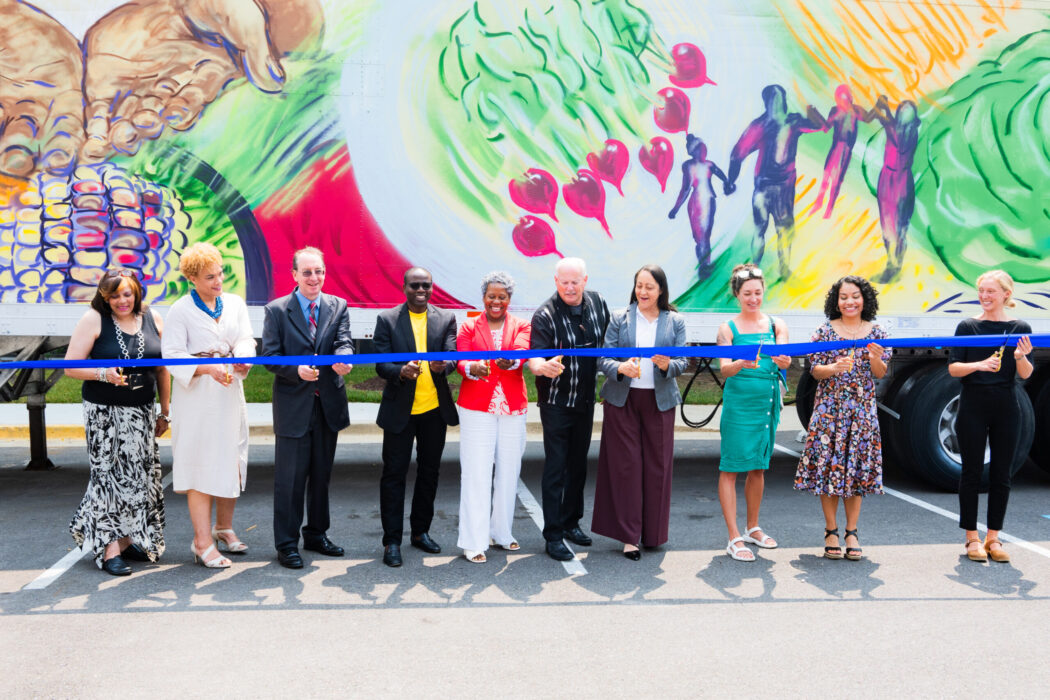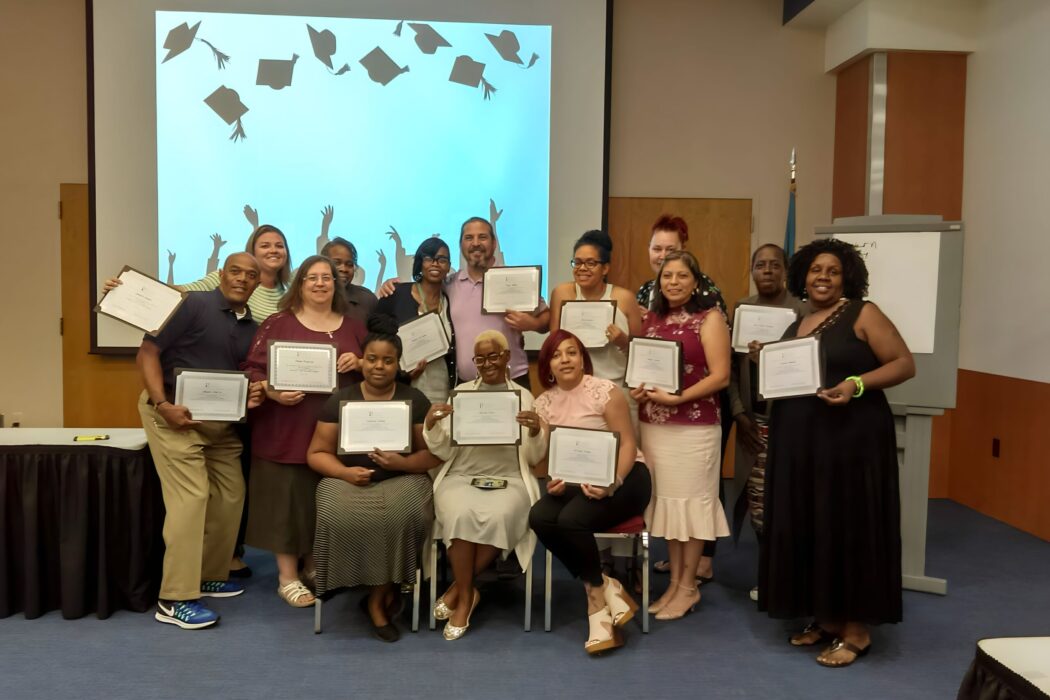
Elevate Your Mission Through Powerful Communication
At the Institute for Public Health Innovation (IPHI), we understand that clear, compelling communication and a strong brand are essential for any organization aiming to make a lasting impact. Leveraging almost two decades of award-winning experience in public health and non-profit communications, IPHI is now offering specialized strategic communications and branding services to help organizations amplify their mission, engage stakeholders, and achieve their goals.
Why Partner with IPHI?
Our expertise isn’t just theoretical; it’s built on a proven track record of tangible results and recognized leadership in the field.
- Proven Impact: We have successfully transformed organizational brands, leading to significant increases in digital engagement. For example, we’ve driven a 375% increase in organic social media outreach and a 1054% increase in website traffic for our own initiatives.
- Award-Winning Expertise: Our team includes accredited professionals recognized as “Top 40 Under 40” by PRWeek, honored for excellence in healthcare communications by PRNews, and Health Excellence Award for Strategy and Research by the Mid-Atlantic Society for Healthcare Strategy and Market Development (MASHSMD).
- Deep Sector Knowledge: With lived experience and academic expertise in public health, non-profit, and government sectors, we bring a unique understanding of the challenges and opportunities specific to mission-driven organizations.
Our Services
We offer a comprehensive suite of services tailored to meet your organization’s unique communication and branding needs:

Brand Creation and Refresh
Was your brand launched 10+ years ago?
A brand refresh or rebrand should be considered every 7-10 years, or sooner if there are significant shifts in the business, target audience, or industry. Now might be a good time to evaluate if your brand still reflects who you are.
From developing core messaging to visual identity, we will help you build a distinctive and memorable brand that resonates with your audience.

Strategic Communications Planning
Are you looking to increase awareness, engagement, or response?
Let us help you create social media content strategies, optimize your online presence, and measure impact to maximize organic reach and engagement. We will develop a measurable communication plan that aligns with your organizational objectives and goals.

Communication Audit and Evaluation:
How many social media pages does your company have? Do you have a pulse on how many flyers, brochures, or URLs are directing to your site?
An effective communication audit goes beyond website hits and social media followers. Our award-winning team will evaluate your true communication footprint by evaluating your earned, owned, and shared outreach and provide data-driven recommendations.

Communications Training and Workshops
Don’t have time or budget for a two-day conference or to study for another accreditation? Are you looking for quick insight to enhance your communications team?
Empower your staff with the skills and tools for effective outreach with a communications workshop. Workshops can include media training, brand guidelines, and simple tools to evaluate and measure your organization’s footprint.
Our Approach
We believe in a collaborative, data-driven approach. We work closely with your team to understand your vision, assess your current ecosystem, and develop customized strategies that deliver measurable results. Our goal is to empower your organization to communicate with clarity, confidence, and impact.
Who Can Benefit?
Our services are ideal for:
- Non-profit organizations
- Government agencies
- Public health departments
- Healthcare providers
- Community-based organizations
- Any mission-driven entity seeking to enhance its communication effectiveness and brand presence.
Let’s Connect
Ready to elevate your organization’s voice and impact? Contact us to discuss your strategic communications and branding needs.
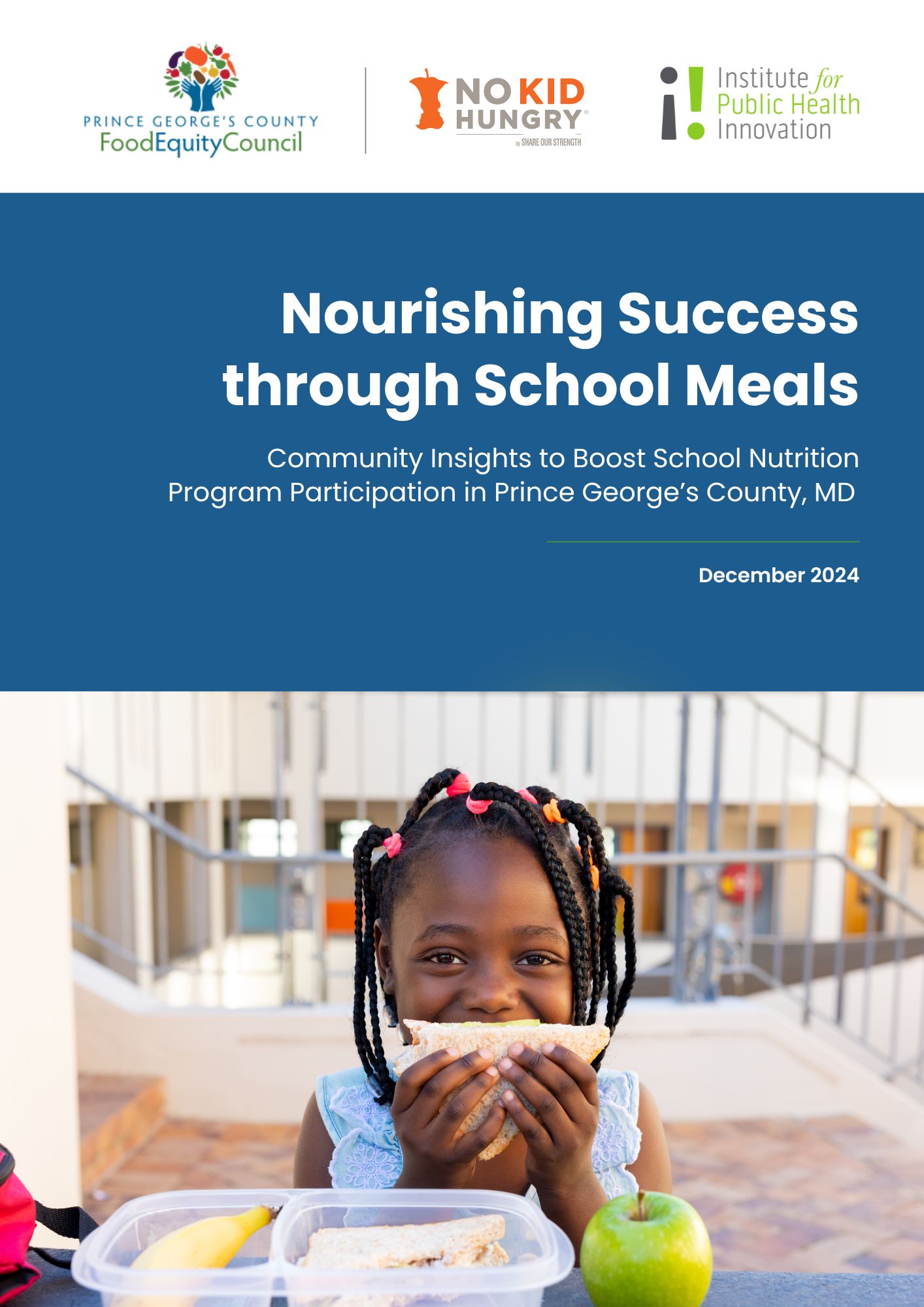

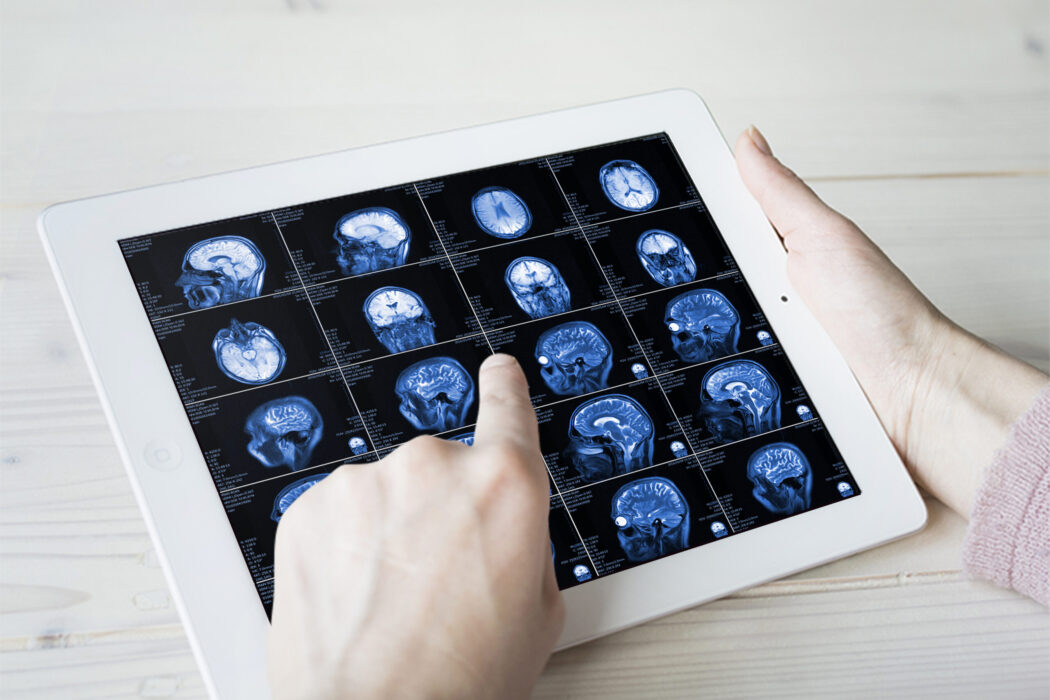
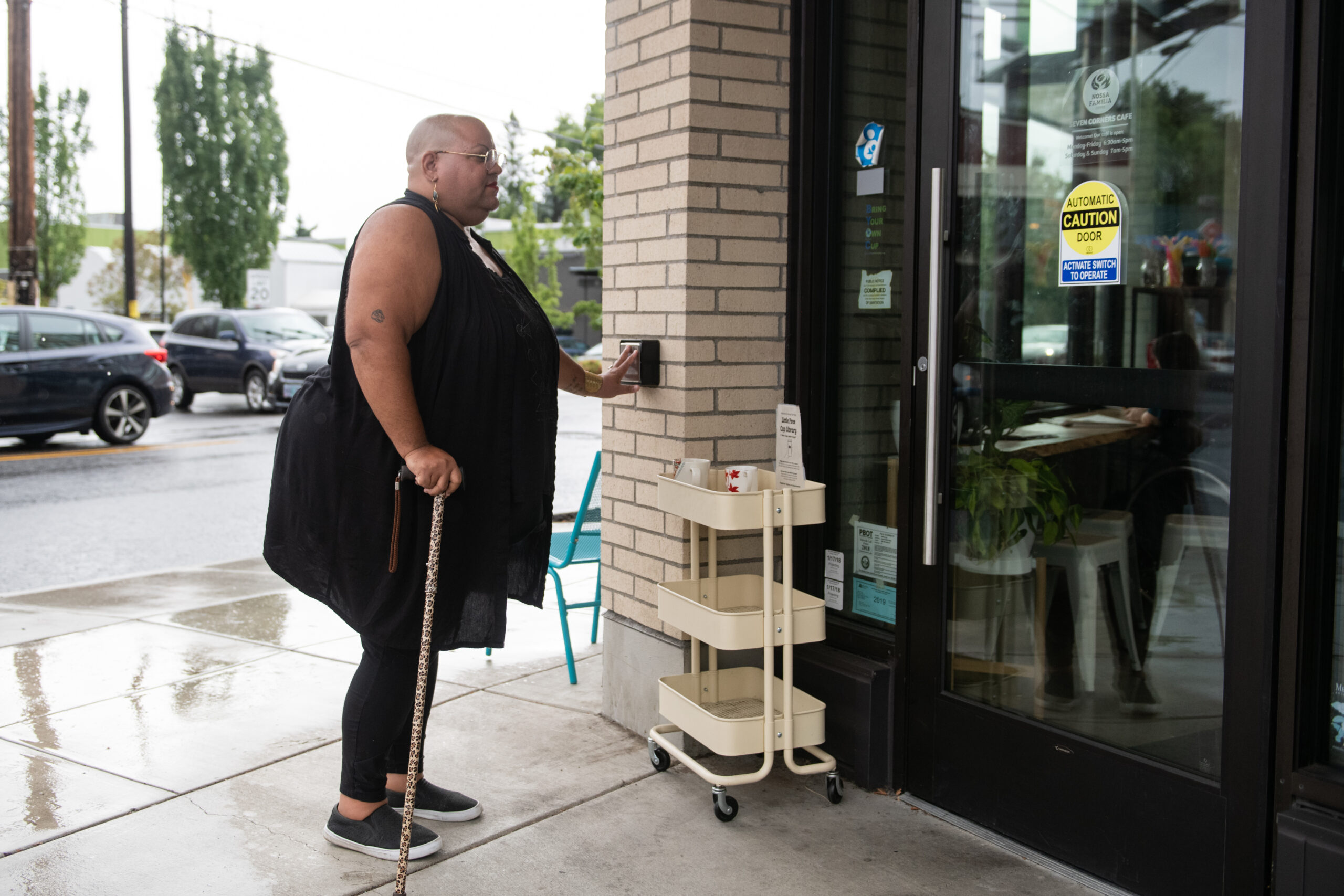
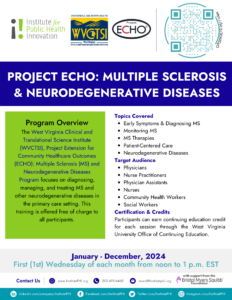
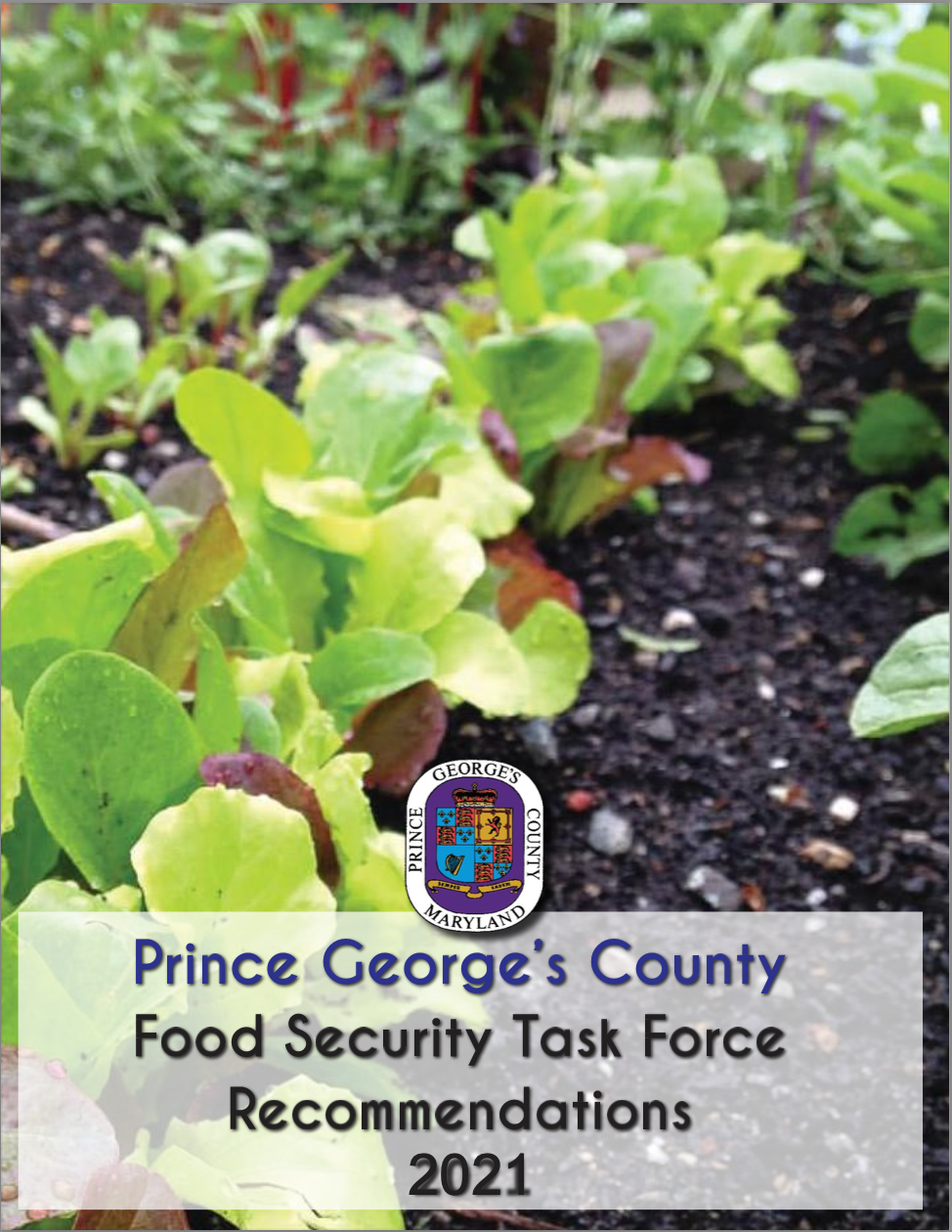
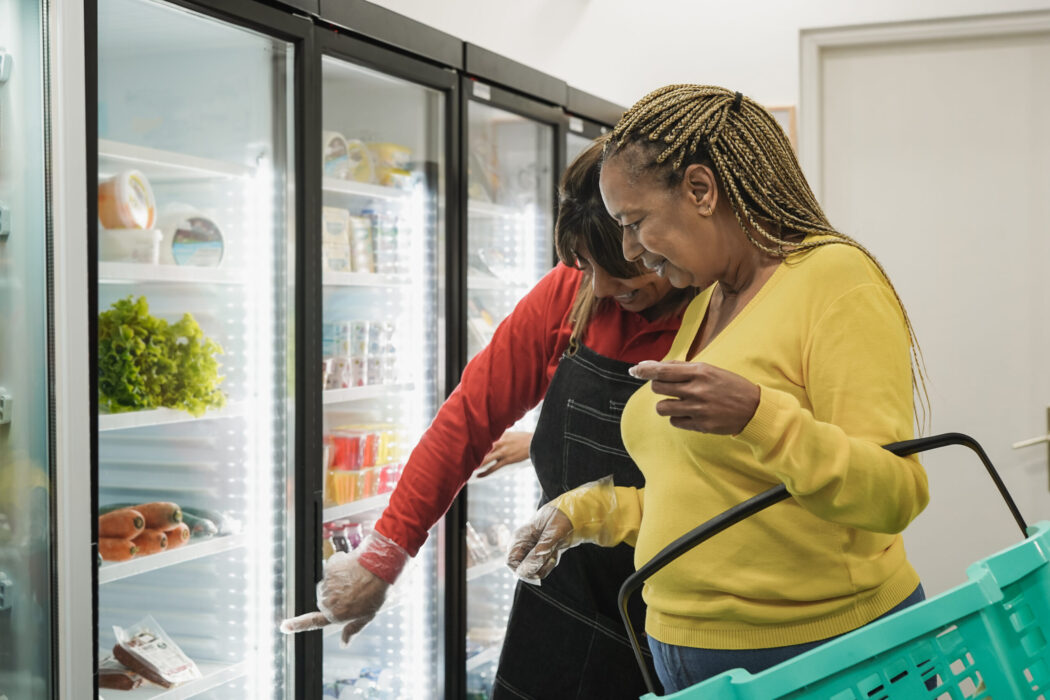
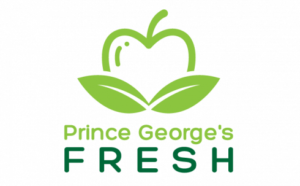 Through a collaborative partnership between IPHI, Giant Food, Amerigroup, Anthem Foundation, and the Healthy Eating Active Living (HEAL) Workgroup of the Prince George’s Healthcare Action Coalition, Prince George’s Fresh will increase healthy food access for Prince George’s County residents. The program allows medical professionals at participating health clinics to recommend produce coupons and nutrition education to patients experiencing food insecurity. Prince George’s Fresh is an innovative opportunity to engage cross-sectoral partners in an evidence-based model to address County health disparities and food insecurity. For Prince George’s Fresh fact sheet, click:
Through a collaborative partnership between IPHI, Giant Food, Amerigroup, Anthem Foundation, and the Healthy Eating Active Living (HEAL) Workgroup of the Prince George’s Healthcare Action Coalition, Prince George’s Fresh will increase healthy food access for Prince George’s County residents. The program allows medical professionals at participating health clinics to recommend produce coupons and nutrition education to patients experiencing food insecurity. Prince George’s Fresh is an innovative opportunity to engage cross-sectoral partners in an evidence-based model to address County health disparities and food insecurity. For Prince George’s Fresh fact sheet, click: 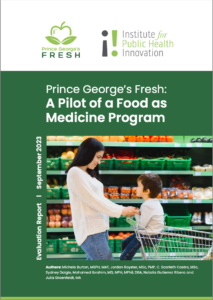 In fall 2023, Prince George’s Fresh completed an evaluation report on “A Pilot of a Food as Medicine.” To view and download the report, click:
In fall 2023, Prince George’s Fresh completed an evaluation report on “A Pilot of a Food as Medicine.” To view and download the report, click: 